During a heart attack, oxygen therapy is administered to the patient, reducing the risk of hypoxaemia. The effects of the treatment were most apparent after three days. It was effective in treating ten patients, and only 12 suffered from death. In other words, the treatment did not reduce the risk of cardiac mortality. The researchers are unsure about the long-term effects, but the findings do support the use of oxygen before cardiac surgery.
The use of oxygen in patients with a suspected heart attack has been recommended by the Swedish Society of Cardiology for more than a century. However, the results of this study have not been confirmed in humans. This is based on limited studies. A clinical trial conducted in 35 Swedish hospitals enrolled 6,229 patients with a heart attack. The researchers also found that supplemental oxygen does not improve survival. The results were comparable to those from a blood test.
The study also found that supplemental oxygen therapy had no effect on survival in patients with a suspected heart attack. The study, called DETO2X-AMI, enrolled 147 people with a history of COPD or HF, but did not show any significant difference in death. The research team reported that the treatment did not reduce the number of fatalities in this group. Despite these findings, the researchers concluded that there was no difference between the treatment and the control group.
Among these, oxygen therapy has a positive impact on patient outcomes. The results were impressive in both the randomized controlled trial and the control group. The patients in the oxygen group experienced greater reduction in left ventricular size and recurrence. Even though oxygen is not a cure for heart failure, it may be a valuable preventative measure during a heart attack. Moreover, it does not affect the severity of the condition, but it may help patients with symptoms like shortness of breath, ankle swelling, and other side effects of the disease.
Several studies have shown that 50% of physicians believe oxygen can reduce the risk of mortality in patients with a heart attack. In addition, a study conducted in the UK revealed that an oxygen supplementation can reduce the pain in the patient, but a study with larger numbers is needed before the treatment should be considered routine. But before the introduction of oxygen in hospitalized heart patients, doctors must confirm that it is safe.
Using oxygen therapy in patients with heart attack is an excellent method to improve their chances of survival and recurrence of heart attacks. The study is a randomized controlled trial. During the treatment, patients receive supplemental oxygen with their usual medication. The results show that there is a 20% reduction in the risk of death in the oxygen group. In other words, the treatment is safe and beneficial.
Although Oxygen therapy is effective, there are some side effects. During an attack, the patient may experience a hyperoxia, a state of extreme hyperoxia in which their heart cannot properly pump blood. If this happens, the patient will likely need oxygen in order to survive. During the treatment, the patient must be given the appropriate amount of oxygen. After the treatment, the patient should take an overdose of oxygen.
The current evidence for the use of oxygen therapy in heart attack patients was reviewed in 2015. The authors identified that supplemental oxygen had no significant effect on mortality. In contrast, it did not reduce the risk of MI and hospitalization. In the end, the research did not demonstrate any beneficial effects on the heart. The new guidelines are based on expert opinion. In conclusion, supplemental oxygen is helpful in a few cases.
There are several studies involving the use of oxygen in patients with heart attack. The results of this study showed that supplemental oxygen was not significantly helpful for preventing death and reducing pain. In the case of an emergency, the treatment is not effective. The treatment also failed to reduce the infarct’s size. The patient’s heart does not respond to oxygen, so the effects of this therapy are minimal.

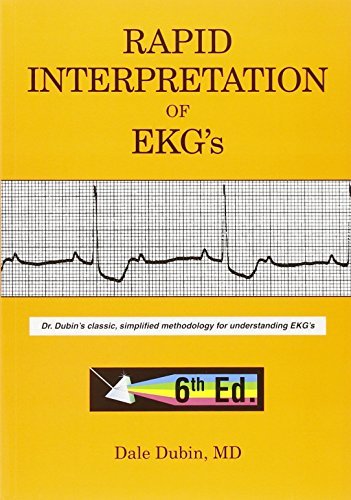
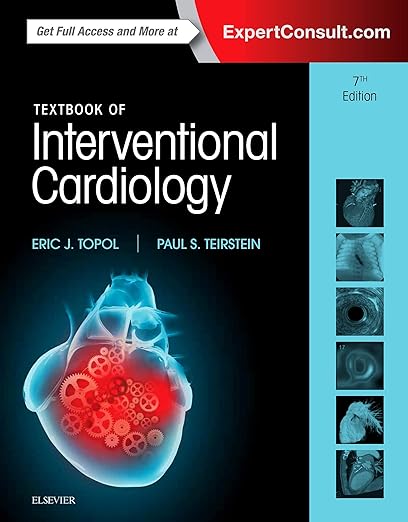
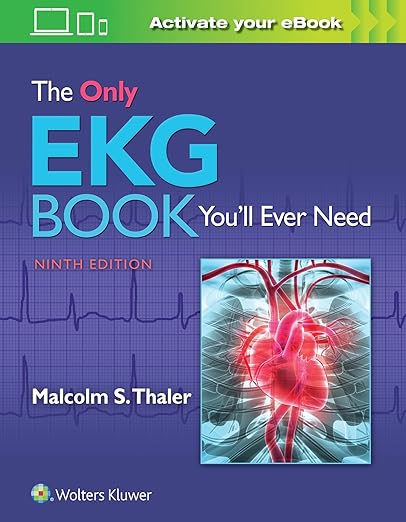
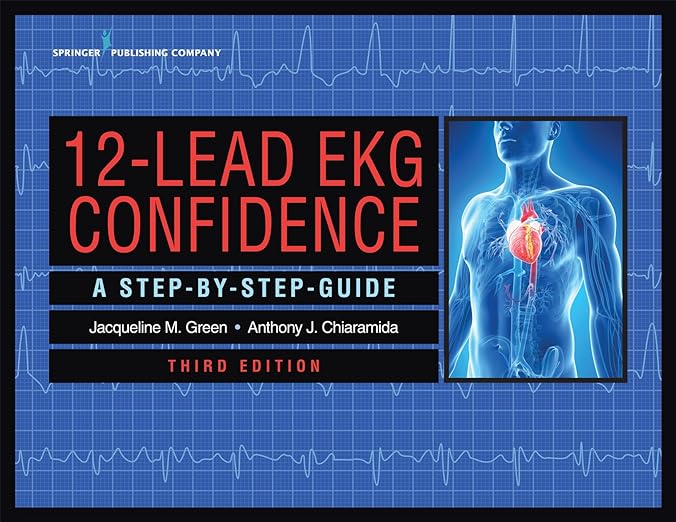
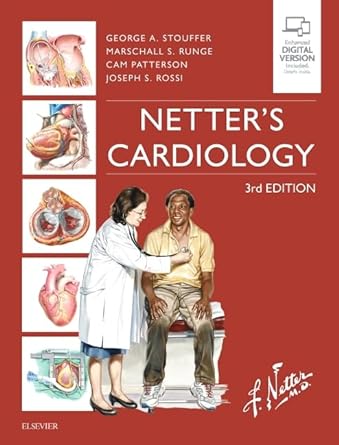




Hello
In some Ambulance Services are advocating the with holding of supplemental oxygen therapy pre hospital depending on saturations one obscure reason given is the the oxygen causes yes
high partial pressures of o2 this may cause vasoconstriction of the coronary arteries reducing blood flow I personally am not comfortable with this if they are severely hypoxic I would administer high flow o2 until condition improves this is the QAS CPM manual that advises be cautious